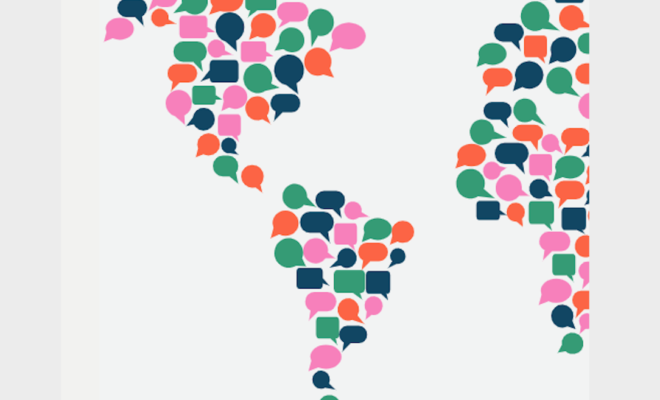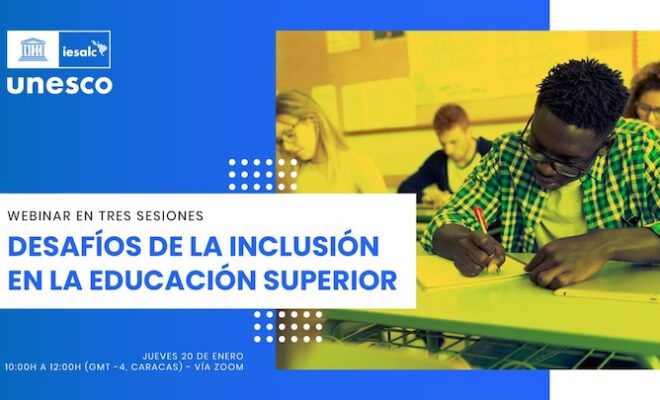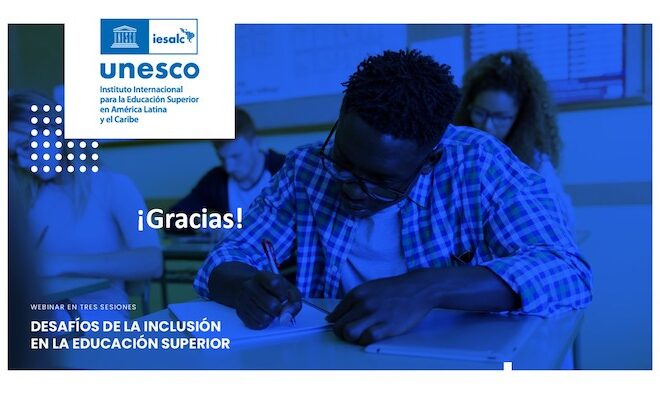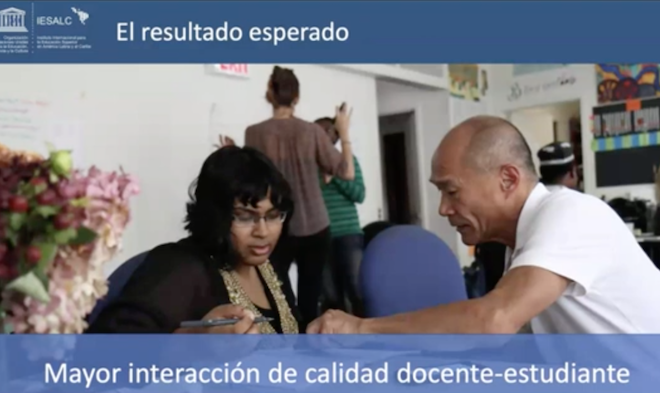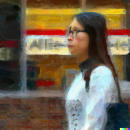Teachers at the center of higher education recovery
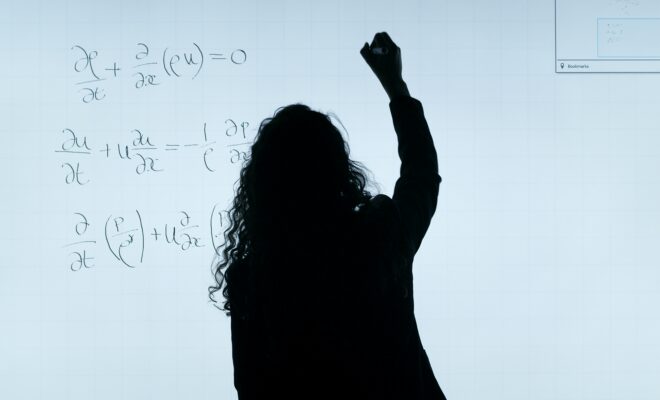
By Francesc Pedró | Since the beginning of the pandemic, most of the efforts of higher education systems around the world have focused on guaranteeing pedagogical continuity, preserving above all the students’ right to education. Issues related to connectivity, pedagogical and financial support and, progressively, socio-emotional support have become the main focus of the work of governments and institutions. In this context, attention to the specific needs of higher education teachers has remained in the background, except in those areas where it was essential to support teachers in order to ensure pedagogical continuity.
The prospect of a gradual return to the classroom, on the one hand, and the hope for a process of social and economic recovery in the post-pandemic scenario, on the other, are increasingly on the horizon. And on this horizon, it should be emphasized that higher education teachers are called upon to play a critical role.
It will be up to them to redouble their pedagogical efforts to ensure an accurate diagnosis of the learning losses that are inevitably occurring; and, at the same time, it will also be up to them to generate pedagogical guidelines and itineraries that will make it possible to recover these losses. In addition, it is hoped that this effort will provide a new impetus to the much-needed digital and pedagogical transformation of higher education institutions, particularly in countries whose systems were growing rapidly in coverage but needed a boost in terms of quality and equity, as is the case in Latin America and the Caribbean.
For higher education teachers to face these challenges in the best possible conditions, the time has come to support them even more directly. Governments and higher education institutions must, first and foremost, ensure that higher education becomes more resilient, and this can only be achieved by supporting teachers even more. For this reason, it is important that current debates not only insist on the need to ensure appropriate working conditions in a context that is now more complex, with incessant calls for hybridization and flexibility.
The recovery context must also provide guidelines for the development of teachers’ academic and pedagogical skills which, inevitably, must be translated into specific plans at institutional level and, following in the wake of the most advanced universities, centers and units to support the improvement of teaching quality. Our Institute has undertaken a relentless effort, in this sense, to ensure that the processes of strengthening the academic and pedagogical skills of teachers become essential parts of quality assurance and improvement plans.
But we must also remember that, above all, higher education teachers are people who need recognition and social support that they have often been denied. They are not mere transmission belts of academic content: they design and provide opportunities for learning and academic, professional and personal growth that contribute to offering a holistic and transformative experience during the passage through higher education of generations and generations of young people who, thanks to it, will become agents of scientific, economic and social progress in their communities.
Today, but also every other day of the year, we must recognize the academic and human work that, so often quietly and silently, higher education teachers, like those of other educational levels, have been doing during the pandemic. And we are obliged to translate our gratitude into recognition of the importance and significance of their work in the recovery plans that are now being designed at the national and institutional levels. Let us celebrate teachers today, but let us fulfill our commitment to quality, equitable and inclusive higher education every day of the year.
October 5, World Teachers’ Day
World Teachers’ Day is held annually on 5 October to celebrate all teachers around the globe. It commemorates the anniversary of the adoption of the 1966 ILO/UNESCO Recommendation concerning the Status of Teachers, which sets benchmarks regarding the rights and responsibilities of teachers, and standards for their initial preparation and further education, recruitment, employment, and teaching and learning conditions. The Recommendation concerning the Status of Higher-Education Teaching Personnel was adopted in 1997 to complement the 1966 Recommendation by covering teaching personnel in higher education. World Teachers’ Day has been celebrated since 1994.
World Teachers’ Day is co-convened in partnership with the International Labour Organization (ILO), UNICEF and Education International (EI)
More information: https://en.unesco.org/commemorations/worldteachersday
Photo by ThisIsEngineering en Pexels
RELATED ITEMS

